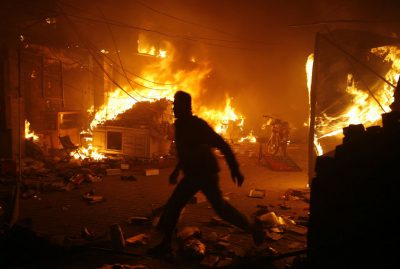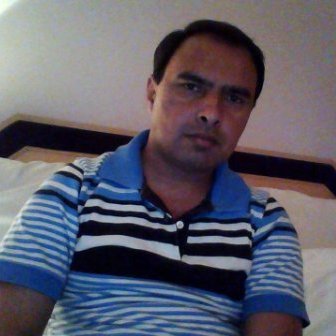By
Imran Khan
On 16th December, 2014, in one of the most deadliest attacks in the history of Pakistan, Taliban militants killed 145 people in Peshawar. Among them 132 were children as terrorists specifically chose an Army Public School for the massacre.
In this heinous attack, the sole purpose of the terrorists was to kill as many children as possible to create terror and mayhem in the heart of Pakistani society. Later in the day, all eight terrorists were also killed by army commandos in that school.
The Pakistani branch of the Taliban also known as Tehrik-i-Taliban Pakistan (TTP) has carried out a number of terror attacks on civilian places killing thousands since its creation in 2007. There is a long list of attacks on civilian and military targets, just a month ago on 2nd November, 2014 sixty people, including three rangers, were killed and over 120 injured when a suicide bomber blew himself up at the India-Pakistan border crossing known as Wagah near the city of Lahore. People were there to watch the daily flag lowering ceremony which is a popular tourist destination.
The attack was meant to terrorise people but what was the reaction of Pakistani people after that? Just twenty four hours after that carnage, thousands gathered again in an utter defiance to showcase a loud and clear message to terrorists that they were not afraid of these kinds of attacks. People chanted loudly “Death to terrorists” and “Long live Pakistan.”
That was just one example of how most people in Pakistan reject the radical agenda of the Taliban and alike. Overwhelmingly people across Pakistan have shown great resilience and deterrence against terrorism. Even in Khyber Pakhtunkhwa province and Tribal Areas where Taliban and Al-Qaeeda have found safe heavens, vast majority of people stood against them. Swat has been a prime example of how the military and civilians together can defeat the Taliban and extremism.
But people’s defiance and rejection of radical ideas and militancy is just a one side of the picture. The other side, I am afraid is not pretty.
Rule of Law is diminishing in the country at an alarming rate and people’s trust on government institutions is at the lowest level, which often trigger people to take matters in their own hands. There are many incidents in recent years of such mob mentality and one such recent example is that on 4th November, 2014, where a Christian couple, accused of desecrating pages of the Quran, were burnt alive by an angry mob in Kot Radha Kishan, near Lahore. There are many incidents when people in Karachi, the biggest city in Pakistan, killed dacoits on roads. People, instead of handing accused perpetrators to the police, prefer instead to kill them on the spot.
In the Corruption Perception Index 2014, Transparency International has ranked Pakistan as 126th out of 175 most corrupt countries in the world. Corruption is widespread, while judiciary and the police are often regarded as most corrupt.
Even though there is democracy in Pakistan, politicians like to keep all the powers with them, so they have shown no interest in holding local bodies’ elections to delegate powers to the district levels. This often create big problems for people in those areas which are away from provincial capitals.
Even sixty seven years after the creation of Pakistan, Tribal Areas also known as Federally Administrated Tribal Areas (FATA) have no proper status, the area known as ilaqa ghair (Lawless area), no police, no courts, not even Supreme Court of Pakistan can interfere. Lawless status has been one of the most important causes for all problems. First it was heaven for all criminal gangs, then came the Afghan war, these areas transforming into a militant producing factory. Pakistan needs to change this and has to make it a province or part of Khyber Pakhtunkhwa. Solely military operations there would not bring peace and stability, but a civilian setup with proper law enforcing agencies and justice systems would be a desirable way forward. People in Tribal Areas need protection, in addition to economic activities to run their lives.
The border between Afghanistan and Pakistan is also a big source of concern. Here, militants can go back and forth easily and one wonders why ISAF never tried to fully secure it after so many years? The blame game continued for years that the Taliban were pouring from Pakistan into Afghanistan, at the same time Pakistan having its own accusations against Afghanistan. Unfortunately it is still going on and this has to stop: it is the responsibility of both countries to use all available means to make it difficult for militants to cross the border.
The Pakistan military started a big offensive named Zarb-e-Azab against militants in North Waziristan, Tribal Areas in June, 2014, dismantling their safe bases and inflicting heavy losses. This recent attack on a school by Taliban militants was certainly a desperate attempt, rather than a show of strength.
As shown in the past, Pakistanis will not become weak because of this cowardly act. The same school will reopen and children will go again to get education there. But Pakistan need serious reforms, good governance, proper implementation of laws, and accountability in the government setup to come out of this dire situation. It will not be an easy job but at the same time, there is no other way.



No Comments Yet!
You can be first to comment this post!